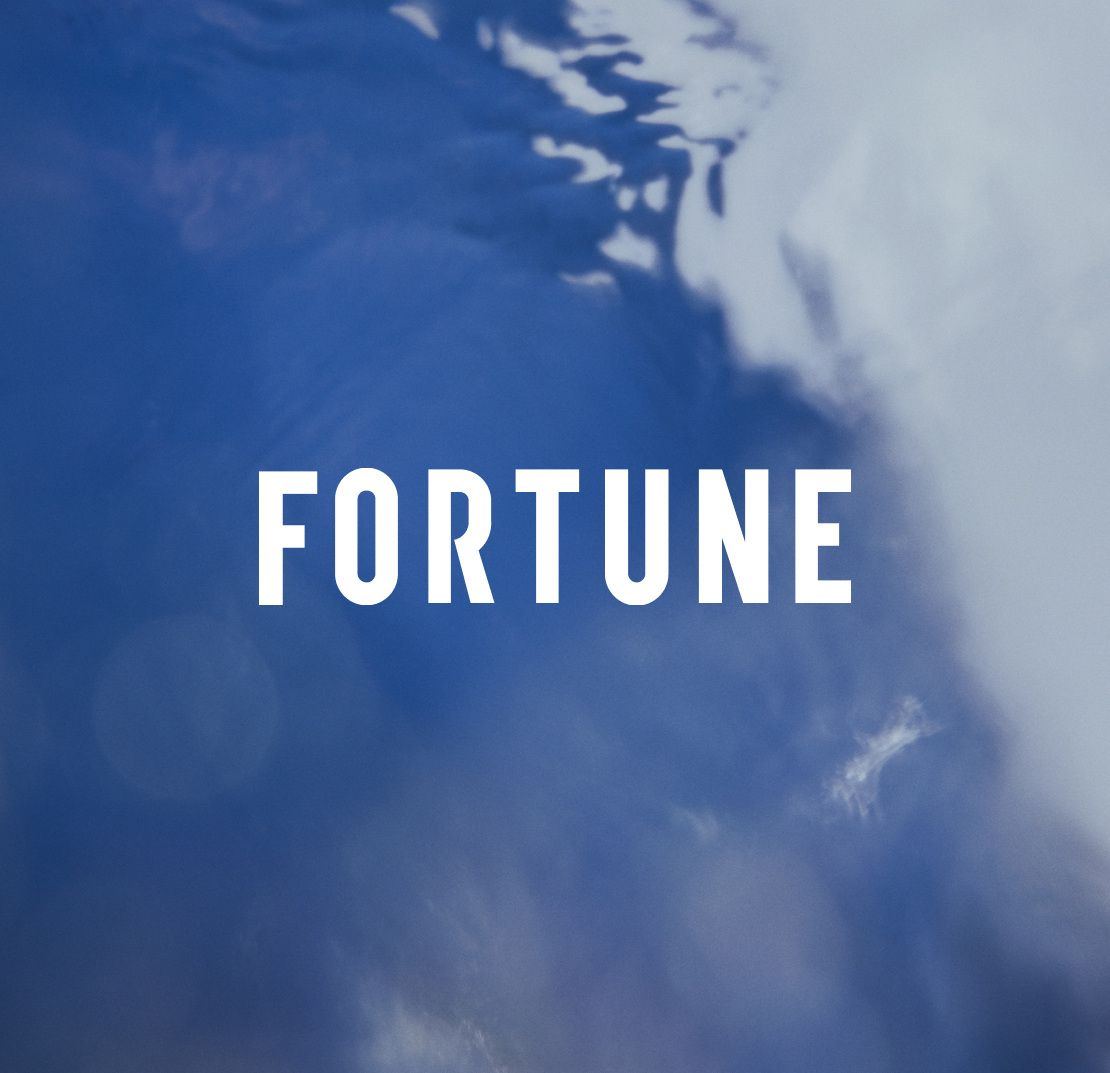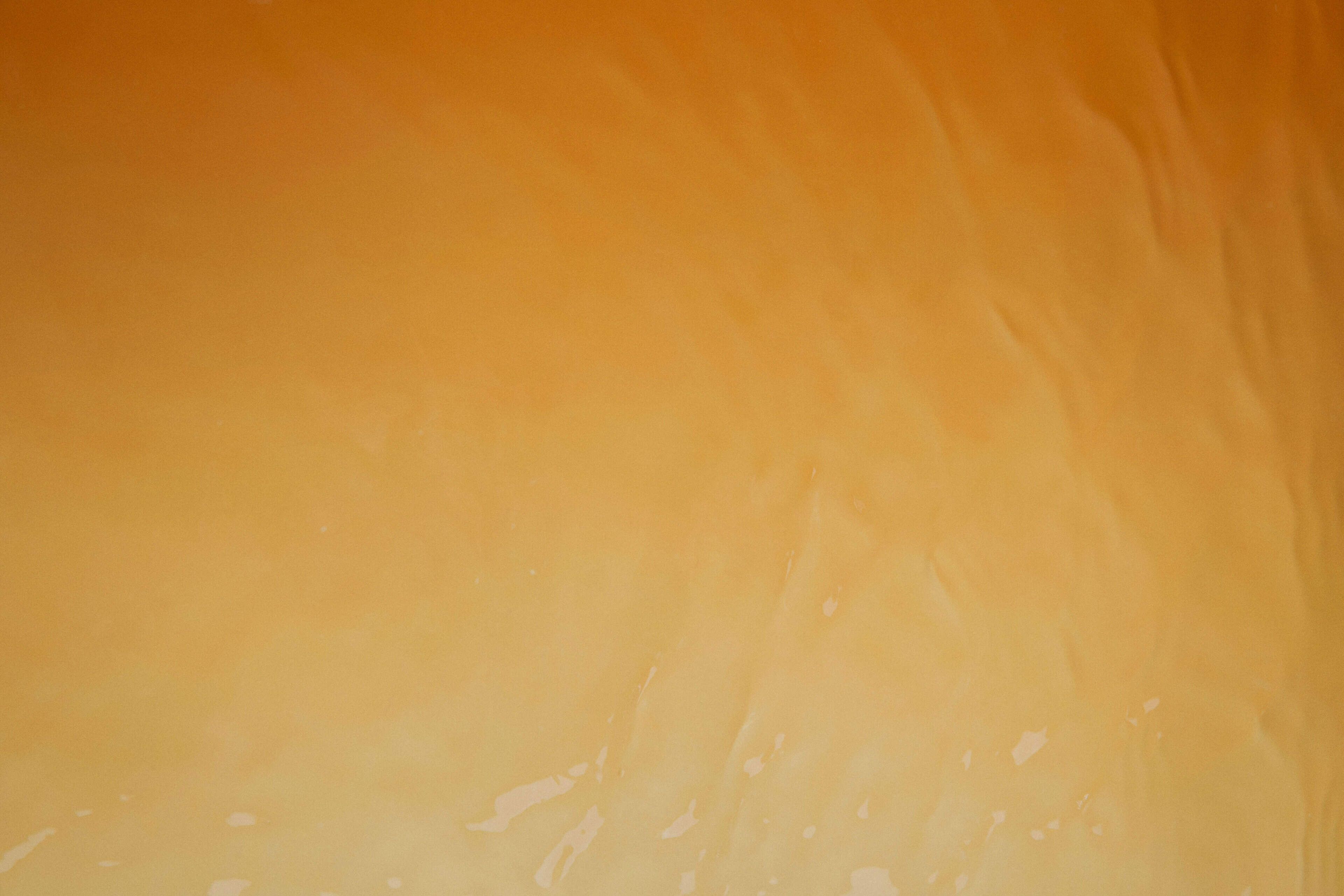Volare CEO in Fortune on lowering aquaculture emissions by using novel insect-based feeds
Zooming in on sustainability challenges of shrimp farming and aquaculture, Matt Whittaker highlights high-tech solutions, such as novel insect-based aquafeeds, as part of the answer. Volare CEO Tuure Parviainen comments on the emissions lowering potential.

The consumption of wild-caught and farmed aquatic animals is on the rise and, although better for the environment than land-animal farming, numerous issues still need to be tackled. Conventional feed – typically made of soy or fish meal – is a key culprit in the emissions problem of production.
High-tech solutions are required to support industry growth, all the while lowering emissions significantly to reach global goals. The use of novel feeds and ingredients, such as Volare’s insect protein made of black soldier fly larvae, allow to massively reduce the greenhouse gas footprint of the feed.
Whittaker writes, “Volare CEO Tuure Parviainen offers his own estimate: Replacing all protein sources in aquaculture feeds with novel feeds, such as Volare’s protein, would save 20% to 39% of the total emissions arising from aquaculture.”
Read the full article by Matt Whittaker on Fortune
The article is part of The Path to Zero, a series exploring how business can drive change towards a more sustainable, carbon-neutral future and battle climate change
